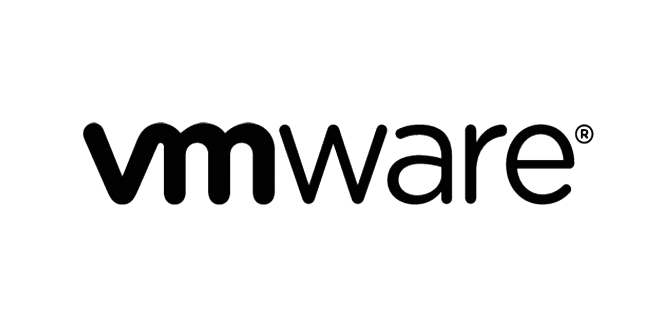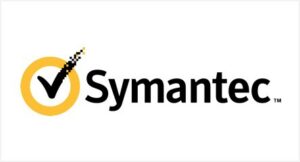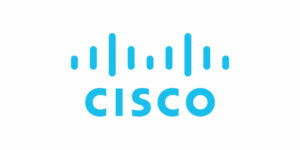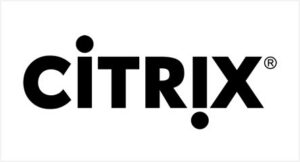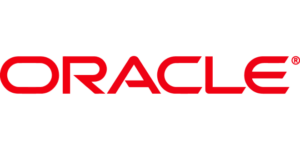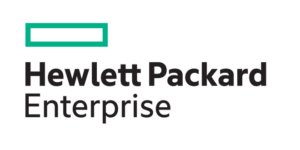

The Automotive industry, as we previously understood it, is obsolete. We are now operating in a Mobility ecosystem: the next iteration of Automotive.
Today’s megatrends are raising fundamental questions about the purpose of a vehicle—advances in connected and autonomous technology, the shift from hardware to software-defined vehicle, an emphasis on sustainability, and ever-changing customer expectations—pose threats to traditional automakers and also present exciting new opportunities.
All of this is creating a new value chain for the automotive industry. In this next iteration of Automotive, companies must get creative about how they reshape their products, structure their businesses, use technology, and reimagine the services and experiences they bring to their customers.
It’s time to embrace the ecosystem and collaborate beyond industry lines to find new ways of innovating and partnering for success.

The automotive industry is witnessing the most significant revolution in its history: electric motors, digitization, new urban mobility, and e-commerce. Replete Interactive created the Automotive Innovation Lab (RECAIL) to address these industry challenges.
ReCAIL is an open space for reflection, discussion, debate, and analysis about the automotive industry. It aims to bring together the most innovative companies that are interested in the future automotive industry, to meet the challenges of the coming years, and to explore the relationship between cars and people.
ReCAIL began by conducting large-scale research in order to assess the effects of the pandemic and how it affected European attitudes, beliefs, and behaviors about cars and mobility.
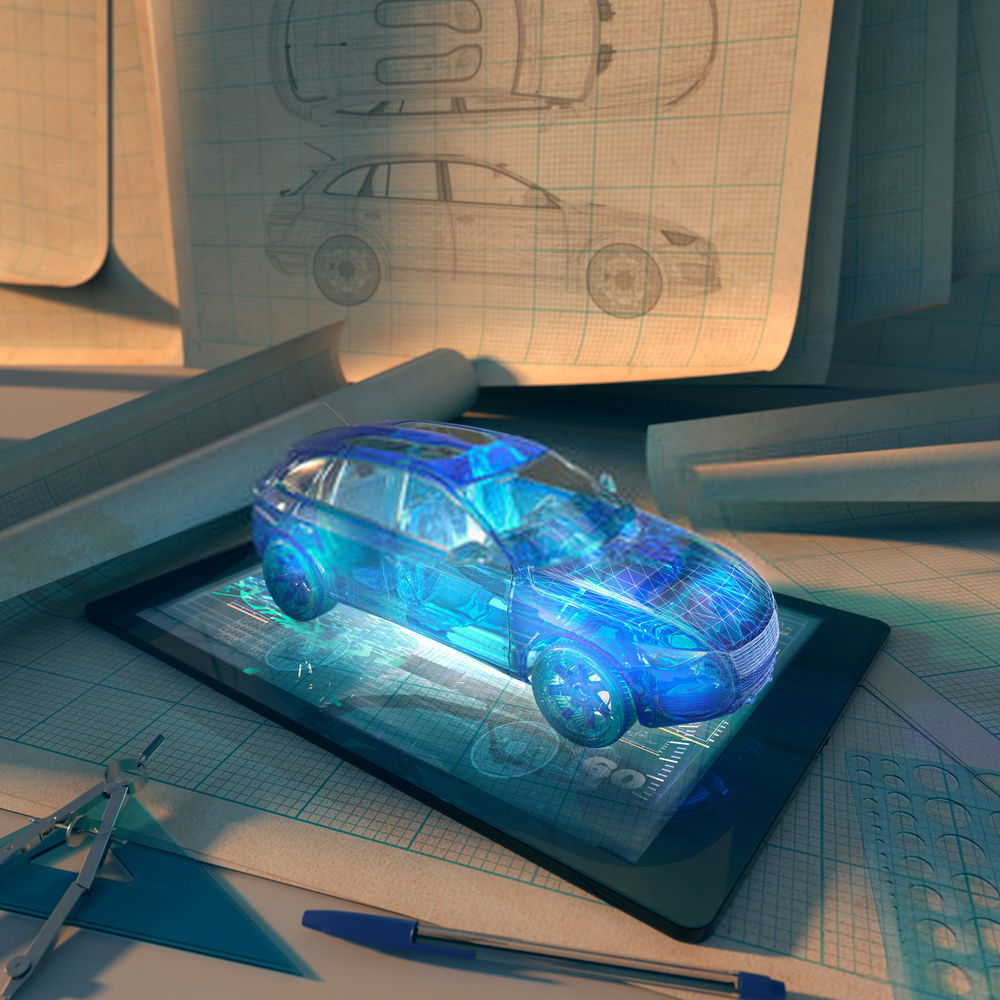
Automobile original equipment manufacturers (OEMs) are facing major challenges due to strict emissions standards and digitization. What does this all mean for customer preferences in the future? Is the alternative engine transition overwhelming customers? What do the sustainability mindset and vehicle connectivity do to transform customer expectations about the sales and after-sales process? Customers are facing greater purchase barriers as their vehicles become more like data centers, with increasing functionality and complexity. What challenges will these customer expectations present for OEMs?
We will continue exploring these factors and how they impact the mobility industry. Our study, which will launch later in the year, will analyze customer expectations and preferences given the proliferation of alternative engine types as well as the increasing digitization of mobile mobility. This study will give insights into sales and aftersales for the US, Europe, and India.
















